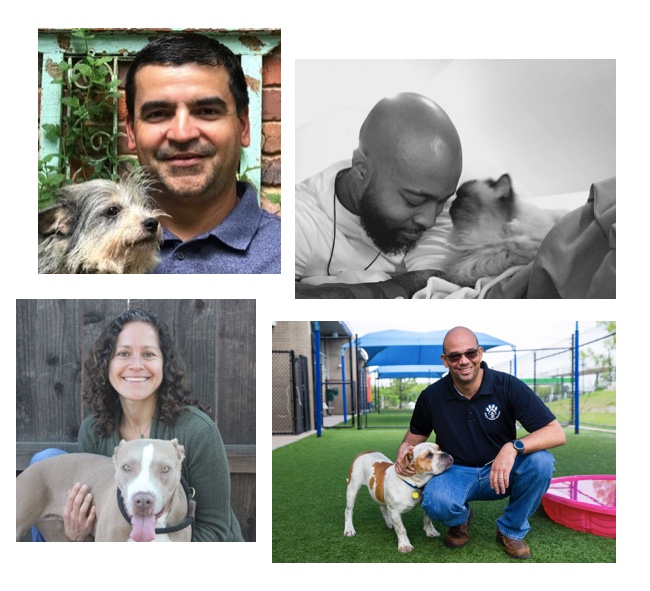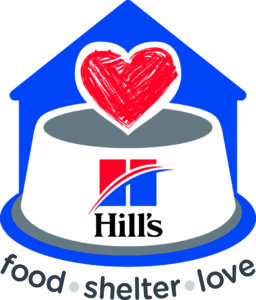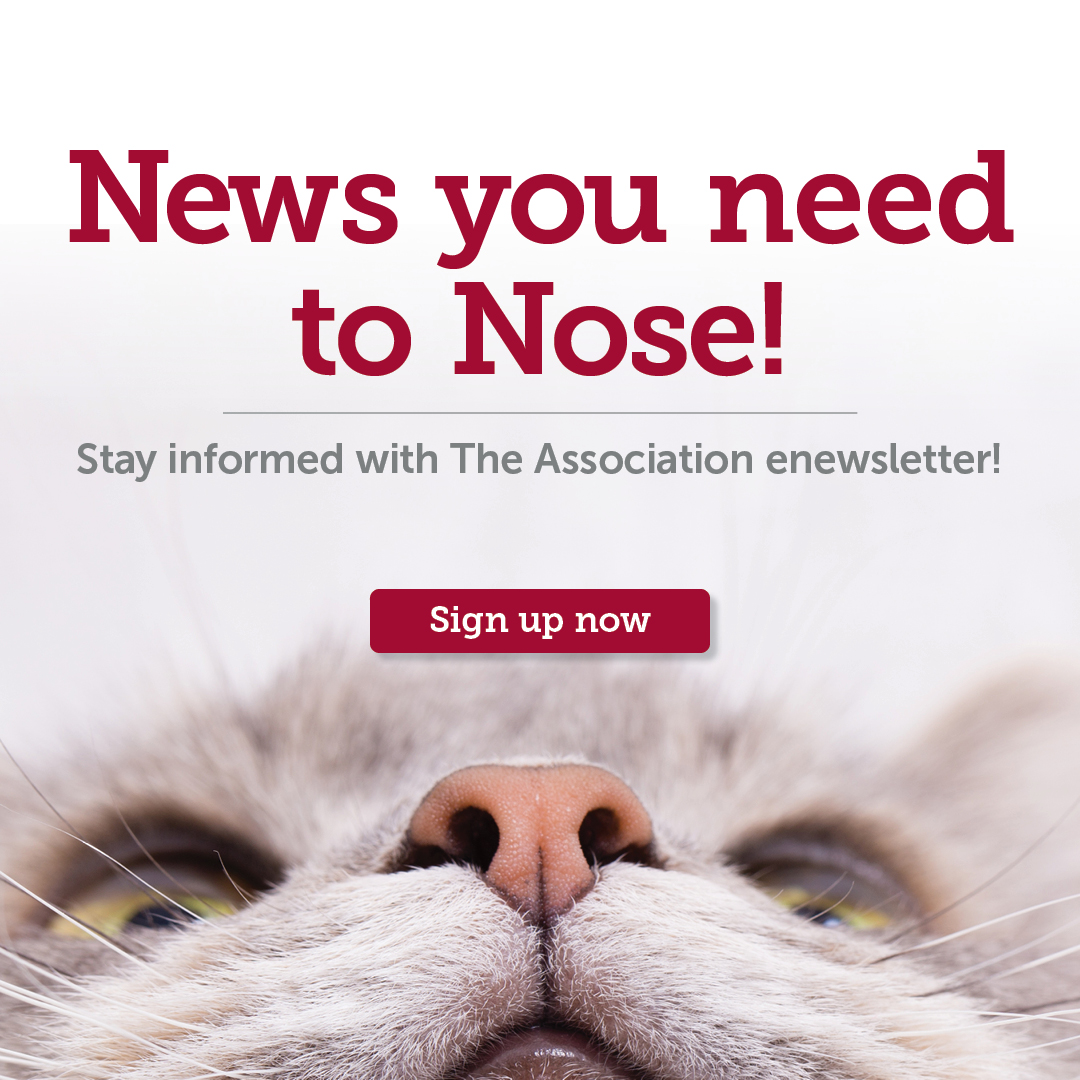News, ideas & inspiration from industry leaders

DEI Roundtable: 4 Top Takeaways
Last Thursday, animal services and TNR leaders who are guiding their cities through difficult climates sat down to share challenges and insights. The Roundtable on Community Relations During a Time of Unrest specially focused on the needs and experiences of BIPOC officers and staff. If you weren’t able to join us, we hope these takeaways will be food for thought that entices you to listen to the entire conversation. And if you did join us last week, please share the recording with your team or watch it together in a staff meeting.
More Than Just an Animal Issue
Having ACOs that represent—racially, culturally—the community they serve is important. “But it’s not enough,” says Jorge Ortega, Director, Guilford County Animal Services. “In the past we’d look at things as just an animal issue, in terms of ordinances we have to follow. We’re beginning to understand it as a community issue, and a two-way conversation. Now our officers are having real conversations—’What’s going on? Talk to me?’ It’s helped our officers to be seen as more human.”
What About ACOs Wearing Plain Clothes?
This is a question that many animal services teams are asking. Could it help to lessen barriers that people may have with law enforcement? “If you look militarized, you will get a certain reaction from people,” says Ed Jamison, Director, Dallas Animal Services. “We found we needed to soften, look more approachable,” he says. “Officers can wear polo shirts, and T-shirts are an option as well.”
If you are making a switch or revisiting uniforms, however, it’s also important for leadership to acknowledge, as Allison Cardona, Deputy Director, Los Angeles County Animal Care and Control, points out, the level of professionalism, hard work and achievement that the uniform might represent to the officer wearing it. “ACOs have been professionalized.” And for a member of a group that has historically not had access to education and opportunities for advancement, “There can be a sense of pride that comes with wearing a uniform,” she says.
The Power (Or Not) of Words
The legalese and language of ordinances and citations can be off-putting and marginalizing to people, especially if they don’t know what the terms mean. Sterling Davis, of Atlanta’s TrapKing Humane Cat Solutions, shares a conversation he had with a member of his community who told him, “’I’m getting a citation for tethering, and I don’t even know what tethering is!’”
The animal welfare field, like any field, has its own jargon and acronyms. Don’t take for granted that everyone understands them. Sterling recalls community members coming up and asking: “TNR? Is that a dance or a drug?’”
What Can You Do to Be More Approachable?
All of the participants in the Roundtable stressed an important shift to being more approachable and respectful in this challenging climate. Jamison says his officers have started doing something very simple but extremely powerful—waving at community members when they drive by in their vehicles. It’s inviting, friendly, and positions them in a positive light.
Similarly, Sterling describes rolling into the community in his TNR van (“It’s blue and has cats and paws all over it!”) as if “the ice cream truck or a rockstar has come to the neighborhood.” He takes care that he and his volunteers are as welcoming as possible, even down to their bumper stickers. “If you have a religious or political sticker on your vehicle, even that can divide people,” he shares.
And perhaps the most important skill of all: “It’s just really important to listen to people,” says Cardona, “and understand all the complexities of what they’re going through.”
Photo, clockwise, from top: Jorge Ortega; Sterling Davis; Allison Cardona; Ed Jamison
More DEI Resources
Blog: DEI: 4 Quick Tips to Get Your Org Started
Blog: Are You Expecting Your BIPOC Employees To Educate You?
Blog: If Your Adoption Policies Put Up Barriers, You’re Part of the Problem


